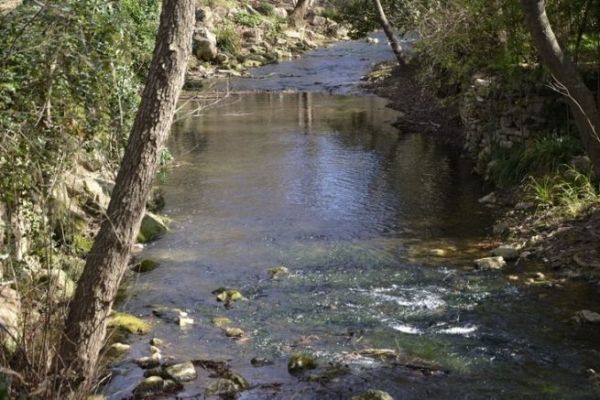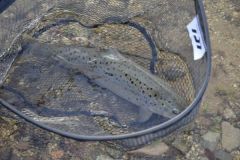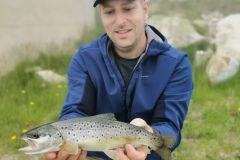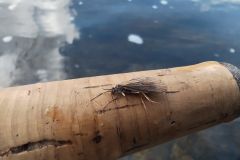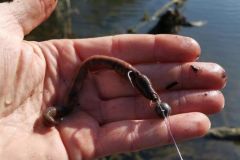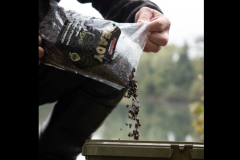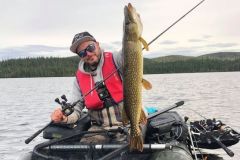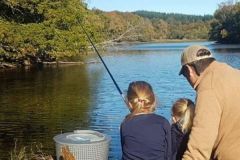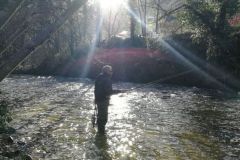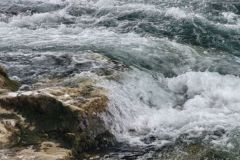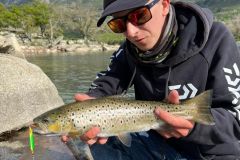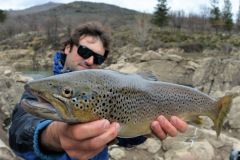A question of precision
Whether in a large or small river, trout are not posted just anywhere. Some small currents, some veins of water or even a stone in the middle of the river can be places where a trout can hide. So it's very important not to let our lure fall on his head and spook him.
Knowing how to analyze a river is also important, as it's the best way to know where to cast. Try as much as possible to anticipate a fish's position and make your lure fall well upstream so that you pass in front of it without it expecting you. It's not uncommon for plants and trees to line small streams, and it would be a pity to leave your lures dangling from the highest branches.
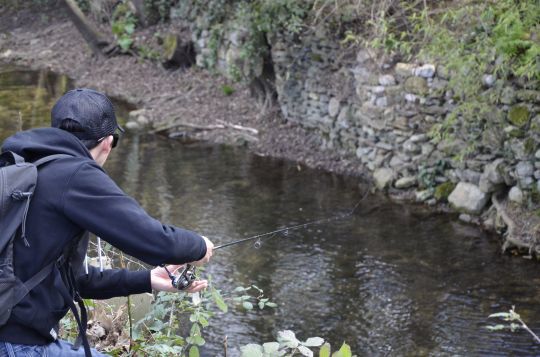
Necessary discretion
The smaller the stream, the easier it is to scare all the fish away from an area by forgetting to be discreet enough. Walking in the water is a bad idea, as it can damage the environment and crush eggs and invertebrates necessary for trout survival. It's also bad for your chances of capture, as sound travels much faster in water than in air, and the slightest creaking stone can be heard from a great distance, even in water with a current.
Ideally, fish from downstream to upstream so that you're always in the fish's path, reducing your chances of being spotted. Trout have excellent eyesight, and can see an insect of less than 2 cm in a fast flowing stream, so you can imagine that a human will be easily detected as a danger.
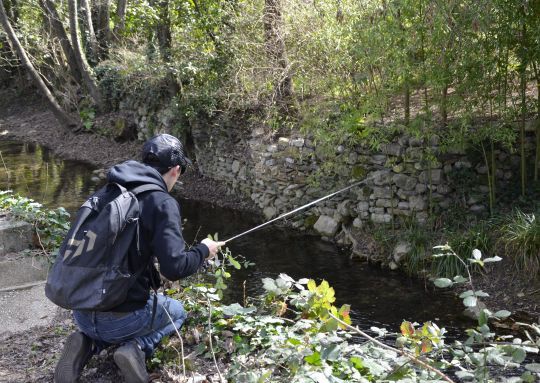
The right equipment
A good way to avoid disappointment during a trout session in a small river is to be equipped accordingly. It's imperative not to use a large rod for lure fishing, as it will quickly become a handicap, both for casting accuracy and for moving around the river. Access along the banks is not always easy, so a multi-stranded rod will be your best friend for getting to your spots.
You should also opt for light tackle which will give you a good feeling even on small fish. The right equipment will also enable you to be quicker when handling it, which is important when fishing areas with fast currents. In small rivers, the aim is to have fun and catch as many fish as possible, so quantity is more important than quality, since the average size is generally small.
